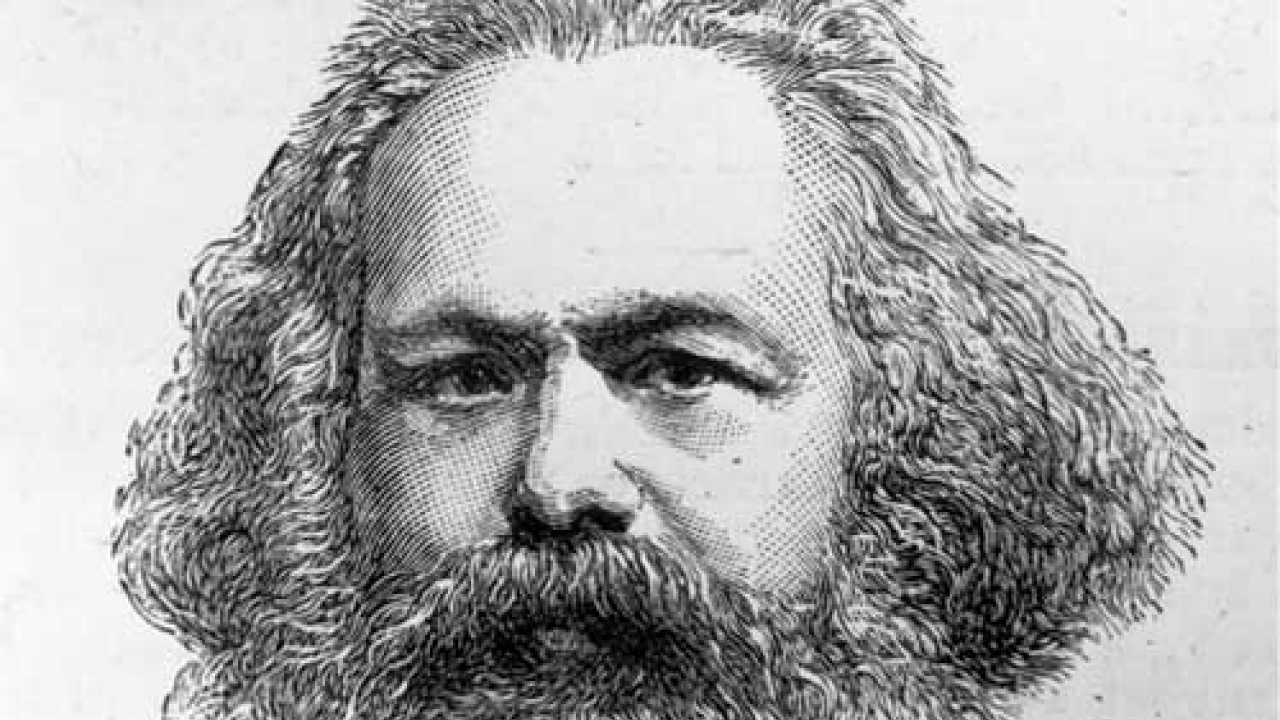
Samuel Hahnemann invented homeopathy in Germany in 1796 and the first school of homeopathy started in 1830. Samuel is also known to have coined the term Allopathy (which means other than the disease) to make fun of regular medicine. To be fair to Hahnemann, during his time medical practises like blood letting were common, which went entirely against the medical doctrine of 'do no harm'. Incidentally, bloodletting itself was a bad idea which despite being proved wrong in 1830s was still prevalent till early 20th century but has finally been exorcised in modern times.
That is possibly the reason that homeopathy looked so promising, when it was introduced. It was certainly not doing any harm and in many cases the patients did get better. A key reason for the former being that homeopathic medicines are diluted to an extent that practically no trace of any active ingredient remains. The other being that placebos ('medicine' with no active ingredient like say, sugar pills) are known to work and some people do respond positively to sugar pills. That is why modern drugs are considered effective only if they out-perform placebos in treating a disease. After long years, finally in 2010, the House of Commons Science and Technology committee pronounced homeopathy as being no better a placebo. The National Health Service of UK though still offers it for patient choice.
Homeopathy has been considered quackery in the US for way longer. In India of course, it is one of the most popular course of treatment and is often recommended by regular doctors.
The government not only encourages it but also produces degree holding homeopathic doctors every year. The educated Indian middle class is one of the biggest consumers of this. Given the condition of spurious medicines in many parts of the country, perhaps the government also believes that offering placebos might be better in the spirit of doing no harm.
Ideally, homeopathy should have fallen out of favour in the late 1800s when germ theory was discovered. We human beings had no clue that most diseases were caused by germs till Louis Pasteur figured it out. After that mankind has tackled scourges like cholera, plague, smallpox for which visits to Sheetala Mata Mandir was the recommended course of treatment. Importance of washing hands (which has been the biggest saviour of human lives in history) was realised some time before germ theory but was understood only afterwards.
Karl Marx developed his theory of Marxism also in 1800s, finally culminating in the communist manifesto in 1848. Marx diagnosed the ills of the society at that time very well. The worker class was indeed a most exploited class. The social implications of moving from the feudal to the industrial age were also well understood by him. However, a central basis using which he worked a solution to the problems was the labour theory of value which means that the value of a thing depends on how much labour is needed to produce it. To be fair to Marx this was a well accepted theory at that time. However, within a few decades the marginal utility theory became well established. In simple terms it can be explained by the old example used in 1832: "It is not that pearls fetch a high price because men have dived for them; but on the contrary, men dive for them because they fetch a high price". This totally replaced labour theory of value and every child today learns of prices being established by supply and demand. Marxism was vanquished in US first and then Margaret Thatcher destroyed it in UK only a few decades ago. India, as usual, is still a fertile nursery for keeping the idea alive.
I would like to believe Samuel Hahnemann and Karl Marx were well meaning, intelligent people who did the best with the knowledge of their times. John Maynard Keynes is famous for saying: “When the facts change, I change my mind. What do you do, sir?” Perhaps he is famous for this saying because obvious common sense is not the normal behaviour of our species. Once bad ideas take root, it takes more than just new facts to displace them. Atul Gawande recently wrote very well in the New Yorker on how many good ideas spread slowly.
A corollary is that many bad ideas die slowly too. In India, we have enough home grown bad ideas like unsociability or not doing any business transactions for a month of shrad to name a few. We can start by getting rid of the imported one's.
Saurabh Chandra is a Bangalore based tech entrepreneur with an interest in public policy. You can follow his tweets on @saurabhchandra